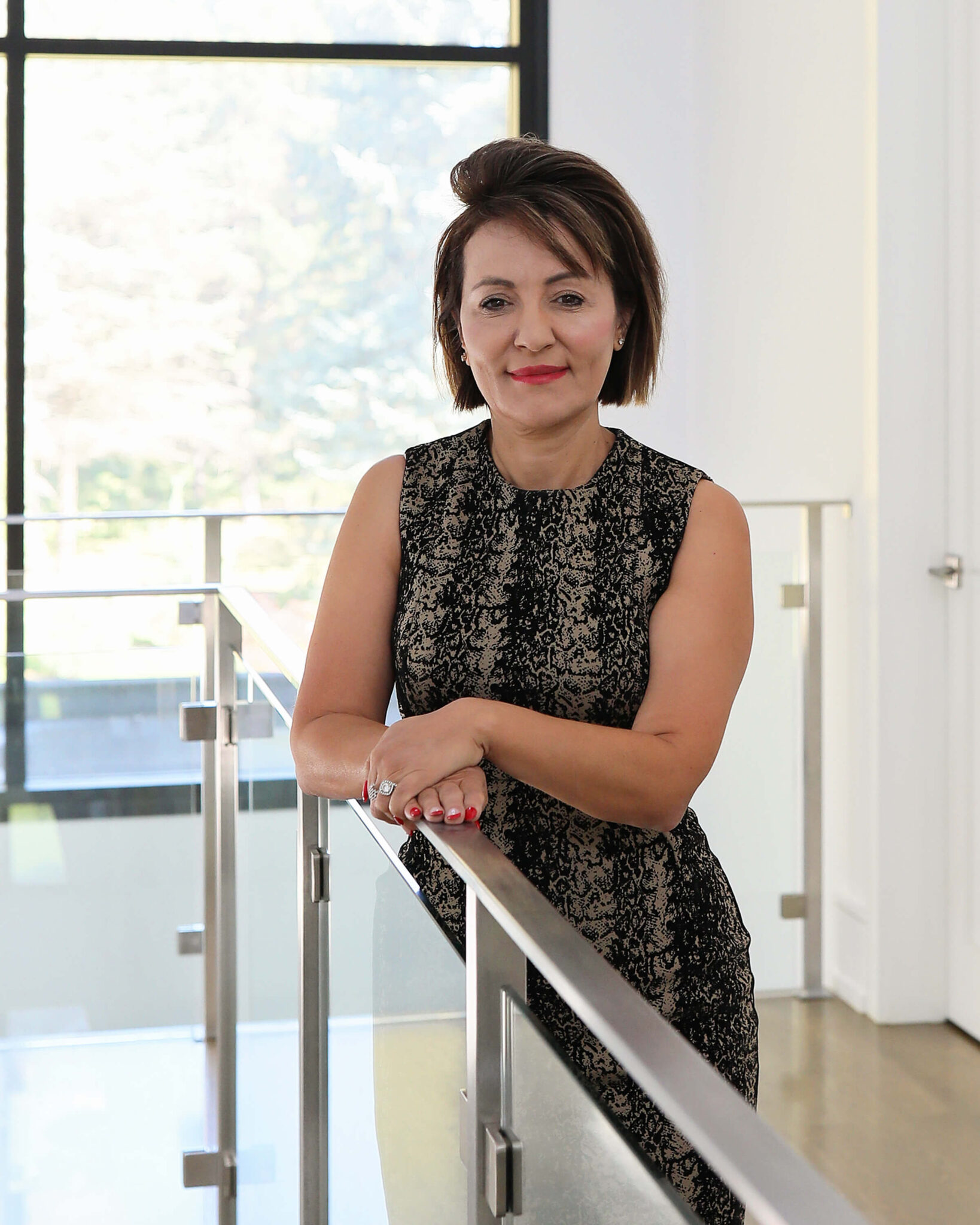Burnout Therapy in Toronto
We offer burnout therapy services. Our skilled therapists offer personalized help to tackle burnout, regain your balance, and recharge your life.
Are you feeling like a candle burning at both ends? Do you feel like you’re running on empty, and the finish line keeps moving farther away?
The constant state of exhaustion, frustration, and feeling ineffective might be more than the Monday blues. It could be burnout.
Burnout isn’t just a buzzword – it’s a real thing, and it can have real impacts on your life. It’s like that warning light on your car’s dashboard that’s telling you “Hey, you need to take care of me!” But instead of your car, it’s your whole self – your body, your mind, your emotions.
Overview of Burnout Therapy in Toronto
Welcome to Get Reconnected – a dedicated psychotherapy clinic in Toronto – providing therapy services to residents of Ontario. We are committed to provide services designed to assist and empower you on your path to self-discovery, reconnection, and re-alignment towards your personal and professional growth.
Our skilled team of therapists provide a safe and non-judgmental space where you can address your thoughts, emotions, and behavioral challenges to unlock your potential for the fulfilling and desired life you want.
Did you know?
Burnout Symptoms
So, What Does Burnout Feel Like?
Imagine feeling overwhelmed and exhausted all the time. You’re having a hard time sleeping, concentrating becomes a challenge, and headaches seem to become your constant companion. You might be feeling more frustrated, irritable, and less interested in things you used to enjoy. You might also find yourself isolating from others and constantly under a cloud of stress and anxiety.These feelings are not just a bad day or a tough week. If they’ve been hanging around for more than two weeks, you might be experiencing burnout.
Recognizing Burnout: How it Feels
Physical Symptoms
- Feeling overwhelmed and exhausted, even after rest
- Struggling with sleep patterns and constant fatigue
- Frequent headaches and difficulty focusing
Emotional Symptoms
- A sense of hopelessness and detachment
- Withdrawing from social interactions and isolating yourself
- Increased irritability and frustration
Motivational Symptoms
- Losing interest in activities you once enjoyed
- Decreased motivation and productivity at work or in personal life
If you experience these symptoms for more than two weeks, then it’s likely that you might be suffering from burnout. Click here to learn more about burnout.
What Causes Burnout?
Environmental Factors
- Long hours at the office
- Dealing with difficult clients or customers
- Feeling overwhelmed in your work environment
Organizational Factors
- Not feeling valued or listened to
- Limited control over your work environment
- Lacking growth opportunities and advancement
Personal Factors
- Social pressures or family pressures
- Personality factors
- Financial difficulties
Burnout Treatment Options
- Cognitive Behavioural Therapy (CBT)
- Acceptance and Commitment Therapy (ACT)
- Mindfulness-Based Cognitive Therapy (MBCT)
- Solution-Focused Therapy
Burnout Therapy Plans at Get Reconnected Psychotherapy Services
- Recognize the stressors in your life
- Address unhelpful thinking patterns
- Develop self-compassion and self-care practices
- Develop strategies to change unhealthy behaviors
- Establish healthy boundaries for work-life bala
Our 8-step Therapy Process
01 Initial Assessment
02 Goal Setting
03 Evidence-Based Approaches
Our therapists use a variety of proven techniques such as Cognitive-Behavioral Therapy, Mindfulness, Acceptance and Commitment Therapy, and solution-focused interventions tailored to your situation.
04 Consistent Sessions
05 Active Participation
06 Practical Exercises
07 Self-Care Strategies
08 Ongoing Evaluation
Our Team

Ready for Therapy?
Blog

The Reality Of Burnout: What It’s Really Like To Be ‘Burned Out’
Delve into the reality of burnout, its effects on mental health, and practical ways to cope and recover.
Contact Us
Burnout FAQ's
Burnout is a multi-sided phenomenon marked by seven distinct signs. The first is overwhelming exhaustion, both physically and emotionally. Second, it can lead to a cynical and negative outlook, causing an individual to develop a pessimistic attitude towards their work and life in general. Third, burnout often results in a reduced performance, with individuals experiencing a decline in their productivity and effectiveness. Fourth, it may lead to detachment, causing people to withdraw from work-related activities and colleagues. Fifth, there’s often a lack of concentration, marked by difficulty focusing and forgetfulness. Physical symptoms like headaches and stomach issues are also common. Lastly, those who suffer from burnout frequently report a loss of enjoyment in activities they once found pleasurable.
Addressing burnout involves acknowledging that you are experiencing burnout, identifying root causes (work-related stress, personal challenges), and developing coping strategies. Therapists use techniques from CBT and mindfulness to manage underlying issues such as anxiety or depression, to help clients restore balance and well-being.
Stress and burnout share similarities but differ in key ways. Stress is a natural response to challenges, while burnout is a prolonged state of emotional exhaustion and reduced performance, often caused by chronic stress.
The duration of a burnout can vary widely from person to person. Some individuals may recover within weeks or months with appropriate interventions, while others might require a more extended period, possibly even years, to fully overcome burnout. Early recognition and seeking help can significantly shorten the recovery time.
Burnout typically advances through four stages. It begins with physical and emotional exhaustion, where you feel drained, fatigued, and emotionally sensitive. As it progresses, you may develop cynicism and detachment, distancing yourself from work or responsibilities, and adopting a negative outlook. The third stage involves reduced personal accomplishment, characterized by self-doubt, lowered productivity, and a sense of underachievement. Finally, burnout can lead to apathy and hopelessness, where you lose interest in once-enjoyed activities, isolate yourself, and experience severe physical and emotional symptoms. Recognizing these stages early and taking proactive measures is essential to prevent burnout from worsening.
Mild burnout often shows up as increased irritability, occasional difficulty concentrating, and a slight decline in performance at work or daily tasks. You may also notice more frequent feelings of fatigue and a growing sense of emotional exhaustion. While these signs may not significantly disrupt your life, it’s essential to address them to prevent burnout from worsening.
When experiencing burnout, your body undergoes several physiological and psychological changes. Physiologically, you may notice disruptions in your sleep patterns, including insomnia or poor-quality sleep. Your immune system can weaken, making you more susceptible to illnesses. You might also experience headaches, muscle tension, and gastrointestinal issues like stomach ache or indigestion.








